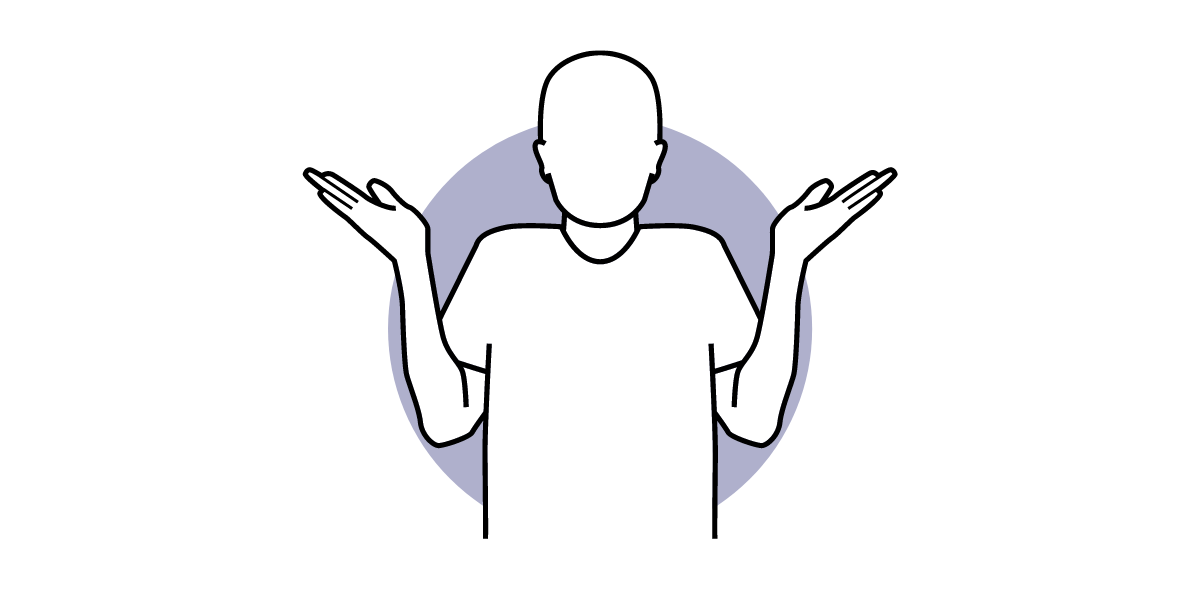
Are you a successful decision-maker? Do you most of the time make the right choice?
If you ask most people these questions, and they’ll probably say they’re doing fine, but without being completely perfect. The lack of perfection is not a surprise to anyone who studies neuroscience since the process of making decisions is known to encounter numerous obstacles.
The emotion of emotions can ‘hijack decisions at any time as well as cognitive bias, which could result in us making decisions in accordance with predetermined notions instead of the facts in front of us.
It might be shocking to some readers to learn that in the business world, where it’s easy to believe that decisions are taken rationally and with logical reasoning, These biases can be applied precisely the same way as they apply to other decisions that we make.
Is cognitive bias a thing?
Take a look at the numerous recent instances of unjustified murders of blacks by police in the USA, and this could give an idea of the way that cognitive bias plays out when it comes to the worst instances.
Cognitive bias can be defined as the systematic deviation from norms or logic in judgment wherein inferences made about other individuals or situations can result in an unlogical manner.
Although we should be wary of making generalizations regarding the shootings that occurred, There isn’t apparent racism behind these incidents; however, it is quite possible that the presence of cognitive bias could have been a significant motive behind the police their actions in the manner they did.
Our notion of what is real is founded on our mental biases that often contradict the reality of objective information, i.e., what is actually happening, the actual facts, etc. Our own view of the world is an opinion, and our behavior is determined by what we believe to be true.
What impact does this have on our decision-making process?
In the scenario that is given, a policeman of color might not have the same level of threat as a white officer in the same circumstance. A lesser degree of cognition bias within this specific instance could result in different choices and different behavior.
This helps clarify why you might not make the right choices, whether at work or at home. Your cognitive bias can distort facts, leading to a wrong judgment, an unlogical interpretation as well as “irrationality.”
Let’s be clear: we all suffer to a certain degree from cognitive bias. It’s normal. In the event of the many situations that we encounter, cognitive biases can assist us in making the quick decisions that are necessary to conduct the day-to-day business efficiently.
But, being aware of the cognitive bias, especially when you are making difficult decisions, can aid in avoiding the errors and lapses of judgment that could result in severe consequences.
The majority of readers here won’t encounter life and death situations the way policemen do; however, we all need to make decisions on a daily basis. Therefore by raising our awareness of the process we use to arrive at these decisions and knowing how to overcome some of the biggest problems that can arise from making good decisions, it is clear that we will gain.
Since the 1980s, neuroscience has shed more light on the inner workings of the brain. Our understanding of how we make decisions is increasing. A list of the most common cognitive biases has also been created, which will be of interest to everyone working in a profession.
